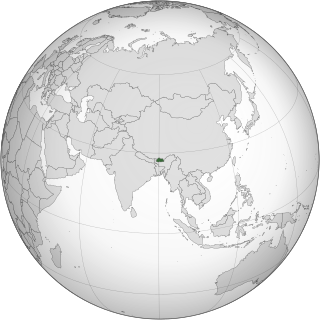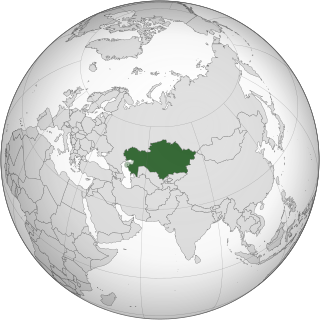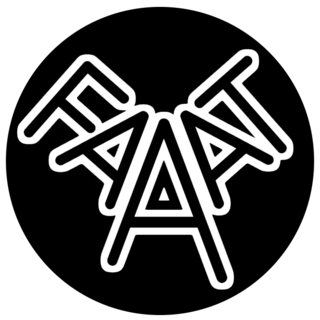Related Research Articles

The term narcotic originally referred medically to any psychoactive compound with numbing or paralyzing properties. In the United States, it has since become associated with opiates and opioids, commonly morphine and heroin, as well as derivatives of many of the compounds found within raw opium latex. The primary three are morphine, codeine, and thebaine.

The Single Convention on Narcotic Drugs, 1961 is a United Nations treaty that controls activities of specific narcotic drugs and lays down a system of regulations for their medical and scientific uses; it also establishes the International Narcotics Control Board.
The International Narcotics Control Board (INCB) is an independent treaty body, one of the four treaty-mandated bodies under international drug control law.
The expression International Opium Convention refers either to the first International Opium Convention signed at The Hague in 1912, or to the second International Opium Convention signed at Geneva in 1925.

The Commission on Narcotic Drugs (CND) is one of the functional commissions of the United Nations' Economic and Social Council (ECOSOC), and is the central drug policy-making body within the United Nations System. The CND also has important mandates under the three international drug control conventions, alongside the three other treaty-mandated bodies: United Nations Office on Drugs and Crime, World Health Organization, and International Narcotics Control Board.
A drug policy is the policy regarding the control and regulation of psychoactive substances, particularly those that are addictive or cause physical and mental dependence. While drug policies are generally implemented by governments, entities at all levels may have specific policies related to drugs.

Cannabis in Papua New Guinea is illegal, but the nation is a significant producer and consumer of cannabis. Cannabis is sometimes called spak brus in local parlance.
Cannabis in Dominica is a Class B drug to cultivate, sell or possess. This means that possession is punishable by 12 months and EC$12,000 (summary) or 2 years and EC$20,000. Supplying, production, or importation are punishable by 3 years and EC$100,000 (summary) or 14 years and EC$200,000.

Cannabis is illegal in Pakistan for recreational use, although since September 2020, extracts of cannabis can be used for industrial and medical use. Cannabis is widely consumed in Pakistan as charas and bhang.

Cannabis in Bhutan is illegal, but grows prolifically in the country and has multiple traditional uses, such as feeding pigs and producing textiles.
Cannabis is illegal in Benin. The country is not a major drug producer or consumer, but increasingly serves as a transshipment point for drugs produced elsewhere. Cannabis is the only drug produced locally in Benin, though mostly on a small scale.
Cannabis in Lesotho is a traditional crop that remains illegal for any use, but largely tolerated. The plant is known as matekoane in Sesotho language but also called khomo ea fatše, likata or kakana.
Cannabis in Mauritania is illegal, but the country serves as a major transit point for Moroccan cannabis en route to Europe.
Cannabis in Senegal is illegal; the drug is locally referred to as yamba.
Cannabis in Mali is illegal.

Consuming and possession of cannabis in Kazakhstan is illegal.
Cannabis is illegal in Angola. The drug is locally referred to as diamba or liamba.
Cannabis in Antigua and Barbuda is illegal but decriminalized. The islands are not a major producer of cannabis, and instead import the drug from Jamaica and Saint Vincent and the Grenadines.

For Alternative Approaches to Addiction, Think & do tank is an international non-profit organization working on drug policy, created in 2015 and based in Paris, France.
The removal of cannabis and cannabis resin from Schedule IV of the Single Convention on narcotic drugs, 1961 is a change in international law that took place from 2019 to 2021, on the basis of a scientific assessment by the World Health Organization.
References
- ↑ International Narcotics Control Board (2001). Report of the International Narcotics Control Board for 2000. United Nations Publications. pp. 68–. ISBN 978-92-1-148131-0.[ permanent dead link ]
- ↑ Rapport de la ... Conférence Du Pacifique Sud. South Pacific Commission. 1989. p. 108. ISBN 9789822031317.